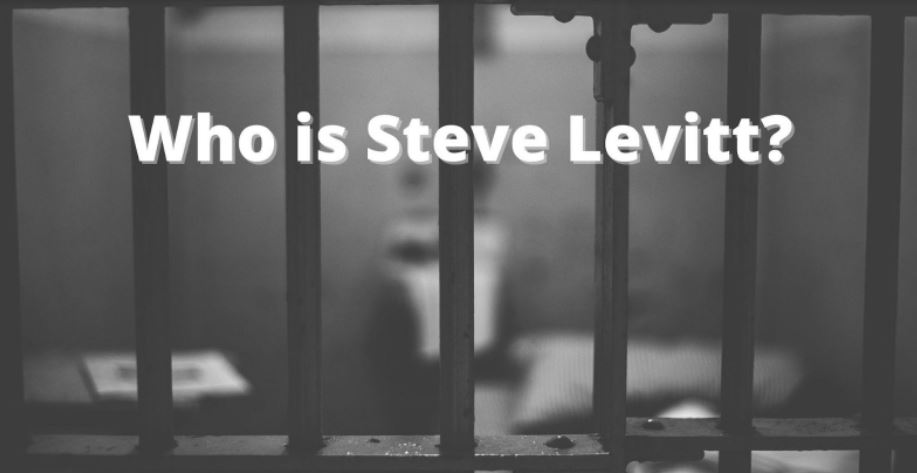Steven D. Levitt, the full name Steven David Levitt, is an American economist whose work has influenced numerous social science disciplines, including political economy, sociology, political science, the economics of crime, and the study of law. In 2003, he was awarded the American Economic Association‘s John Bates Clark Medal, which is given yearly to an American economist under the age of 40 whose work has made a significant contribution to the discipline.
Works
Levitt established his name as a researcher by employing novel empirical methodologies to evaluate data in novel ways. In doing so, he was able to solve long-standing mysteries by demonstrating answers that had previously been difficult to show.
In his paper “The Effect of Prison Population Size on Crime Rates: Evidence from Prison Overcrowding Litigation” (1996), for example, he isolated the causal relationship between incarceration rates and crime rates, demonstrating that policies that increase prison sentences have a greater effect on reducing crime than previously thought. He is the author of ‘Freakonomics’.
Social Media
Read more about the Author here.
Inspiring Talks by Steve Levitt
Interview
Notable quotes
- “Morality, it could be argued, represents the way that people would like the world to work, whereas economics represents how it actually does work.”
- “The conventional wisdom is often wrong.”
- “Don’t listen to what people say; watch what they do.”
- “Information is a beacon, a cudgel, an olive branch, a deterrent–all depending on who wields it and how.”
- “As W.C. Fields once said: a thing worth having is a thing worth cheating for.”
- “Solving a problem is hard enough; it gets that much harder if you’ve decided beforehand it can’t be done.”
- “An incentive is a bullet, a key: an often tiny object with astonishing power to change a situation”
- “After all, your chances of winning a lottery and of affecting an election are pretty similar. From a financial perspective, playing the lottery is a bad investment. But it’s fun and relatively cheap: for the price of a ticket, you buy the right to fantasize how you’d spend the winnings – much as you get to fantasize that your vote will have some impact on policy.”
- “If you both own a gun and a swimming pool in your backyard, the swimming pool is about 100 times more likely to kill a child than the gun is.”
- “The key to learning is feedback. It is nearly impossible to learn anything without it.”
- “Social scientists sometimes talk about the concept of “identity”. It is the idea that you have a particular vision of the kind of person you are, and you feel awful when you do things that are out of line with that vision.”
